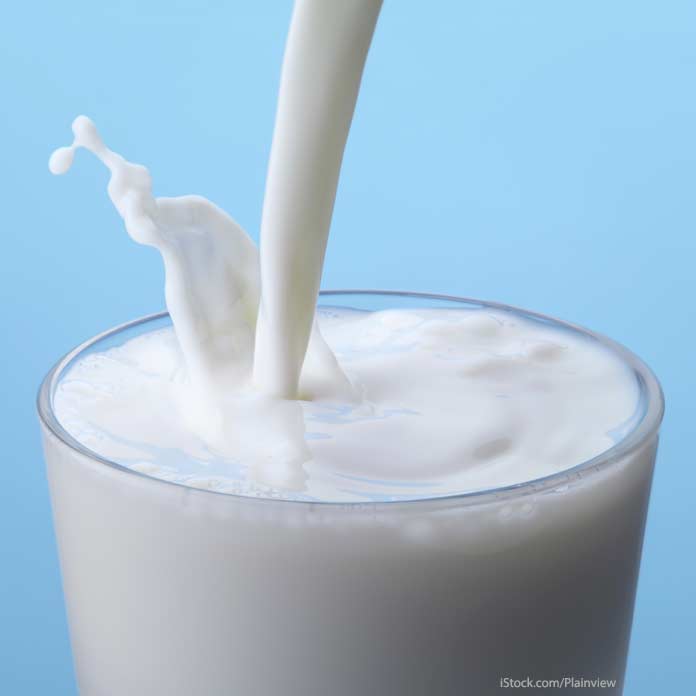The Knox County Health Department in Tennessee is allowing French Broad Farm to resume raw milk operations as children struggle to recover from E. coli infections they developed after drinking raw milk from the dairy. Knox County health officials told the Mascot, TN-based farm to suspend its operations while an investigation into the outbreak as ongoing.

The investigation is still ongoing, but no new cases were added while the temporary ban was in place so county officials are letting the dairy resume raw milk operations and the childcare facility reopen. Health officials are awaiting results of tests on samples collected from both locations.
Symptoms of E. coli infection include stomach cramps and diarrhea that can be bloody. They usually develop within one to seven days of exposure and last about a week. Between 5 percent and 10 percent of E. coli patients will develop a life-threatening complication called hemolytic uremic syndrome (HUS) a form of kidney failure. Diarrhea associated with E. coli O157 infections should not be treated with antibiotics, as this may promote the development of HUS.
Children, especially those under five, are at highest risk for developing HUS. Symptoms of HUS usually develop a week after initial symptoms of an E. coli infection. HUS can be fatal. When symptoms of HUS appear, seek immediate emergency medical care. Symptoms include:
- Pale skin
- Fatigue
- Decreased urination
- Unexplained weakness
- Unexplained bruises or bleeding
The E. coli lawyers at the national food safety law firm Pritzker Hageman have represented clients in nearly every major outbreak over the last 20 years. They have secured multiple multi-million-dollar awards for E. coli HUS clients, including a $7.5 million verdict.
Contact them for a free consultation.
What is Raw MIlk?
Raw milk is milk that has not been pasteurized. It can harbor dangerous bacteria including E. coli, Salmonella, Listeria and Campylobacter all of which can cause life-threatening illness. Raw milk is not federally regulated. Each state has different laws governing its sale. Tennesse does not allow the retail sale of raw milk but does allow it to be obtained legally through cow-share or herd-share programs like the one French Broad Dairy operates. Most of the children who were sickened in this outbreak drank raw milk their families obtained through a cow-share program at French Broad Dairy.
Because children are at highest risk for food poisoning and for developing its serious complications the American Academy of Pediatrics (AAP )supports a ban on the sale of raw milk and certain raw milk cheeses, such as fresh cheeses, soft cheeses and soft-ripened cheese. A host of other medical, scientific and public health organizations agree. They include: the U.S. Food and Drug Administration (FDA), the Centers for Disease Control and Prevention (CDC), the American Medical Association, the American Veterinary Medical Association, the International Association for Food Protection, the National Environmental Health Association, and the World Health Association.